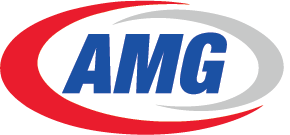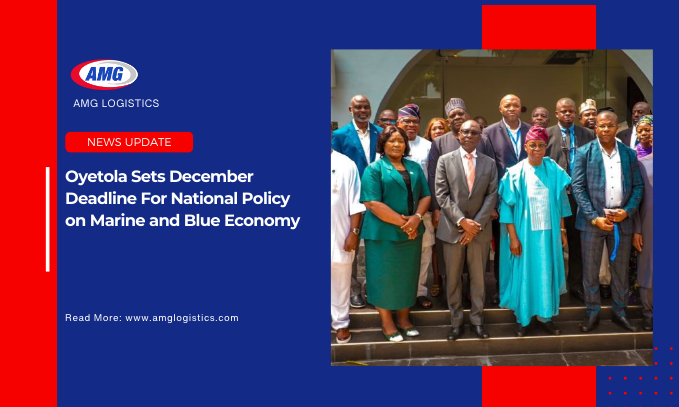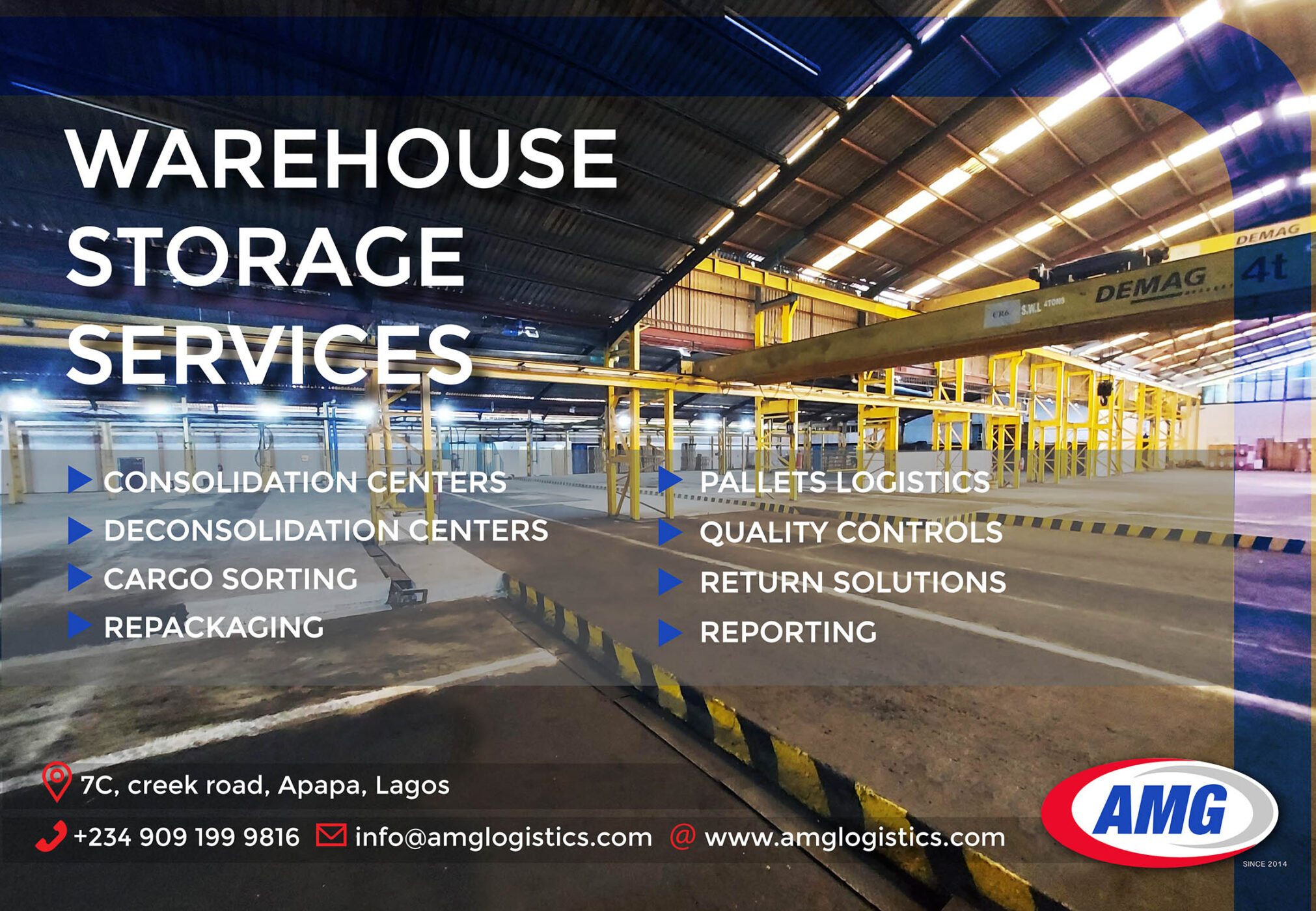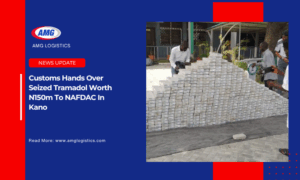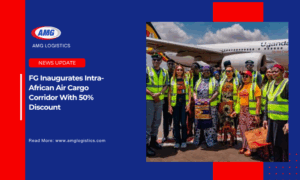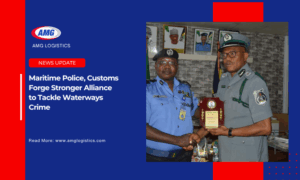The Minister of Marine and Blue Economy, Mr. Adegboyega Oyetola, has unveiled plans to finalize the national policy on the Marine and Blue economy by the end of the year.
The policy, which is currently in the validation phase with key stakeholders, aims to provide a strategic framework for sustainable development, investment, and technological innovation in the maritime sector, aligning with global standards and supporting the growth of Nigeria’s marine resources.
This is even as he outlined plans for the dredging and modernization of both the Western and Eastern ports, aimed at boosting the country’s maritime capacity. With the Western ports nearing final approval and work already underway on the Eastern ports, the initiative will increase draft levels to a minimum of 16 meters, enabling Nigeria to accommodate larger vessels and strengthen its position as a leading maritime hub in Africa.
Speaking to journalists at the sidelines on the ongoing validation of the draft policy in Lagos on Tuesday, Oyetola detailed the government’s efforts to finalize the draft policy for the marine and blue economy. He noted that this policy aims to provide a clear roadmap for sustainable development, investment, and technological innovation within the sector.
Oyetola also vowed to complete the policy by the end of the year, with the goal of ensuring that Nigeria’s marine sector aligns with global standards. According to him, the policy will cover key areas including governance, environmental sustainability, and the creation of an enabling environment for investment in infrastructure, fisheries, and agriculture, with the overarching objective of driving growth in the nation’s marine resources.
The Minister also provided an update on the ongoing modernization efforts for ports in both the Western and Eastern parts of the country. These critical upgrades, according to him, are set to transform Nigeria’s maritime infrastructure, allowing the nation to accommodate larger vessels and boosting its role in global trade.
Oyetola revealed that the dredging and modernization projects for the two regions are being executed in phases. The Western part, which is already nearing the completion of its procurement process, is expected to receive approval before the end of the year. Meanwhile, he noted that work has already commenced on the Eastern part, marking significant progress in the government’s ambitious plan to modernize the country’s port infrastructure.
“This modernization effort is not just about dredging; it’s about creating a world-class port infrastructure that can handle large vessels and facilitate global trade,” Oyetola explained.
Currently, Nigerian ports have a draft level of 12 to 13 meters, which limits the size of ships that can dock. In comparison, major international ports boast draft levels of 15 to 16 meters. The planned dredging will increase Nigeria’s port draft levels to a minimum of 16 meters, allowing bigger vessels to berth and significantly enhancing the country’s capacity for cargo handling, he explained.
Oyetola stressed that the modernization of Nigeria’s ports is a key component of the broader strategy to drive the development of the marine and blue economy. Once completed, the upgraded ports will position Nigeria as a leading maritime hub in Africa and a key player in global shipping. Additionally, the dredging will enable Nigeria to handle larger volumes of cargo and compete effectively with other major ports in the region.
Speaking earlier in his welcome address, the Permanent Secretary of the Ministry, Mr. Olufemi Oloruntola stated that the policy is set to create a framework that not only supports economic growth, but also drives job creation, environmental sustainability, and the effective management of the country’s vast maritime resources.
Oloruntola commended the technical team and all stakeholders involved for their tireless efforts in bringing the policy to its current stage. He further encouraged all participants to engage actively in the workshop, ensuring that the final policy document reflects practical solutions and innovative strategies.
In her goodwill remarks, the Secretary General of African Shipowners Association (ASA), Funmi Folorunso, described the public engagement as significant and commendable even as she expressed keen interest for Nigerian shipowners who account for 30 percent of ASA.
“The fact that we are hosting stakeholders to deliberate on this policy is important. We should not foist policies on industry players, but give them opportunities to be part of the development of the policies. This is beautiful, but it shouldn’t stop here. There should be continuous engagement of industry stakeholders, including ship owners,” she remarked.
On his part, the Chairman of Starzs Group, Engr. Greg Ogbeifun, admonished the organizers to scrutinize the numerous submissions and recommendations from industry summits in order to enrich the policy. He equally commended the high-degree of interagency collaboration currently practiced in the Ministry of Marine and Blue Economy.
The 60-page draft policy, which consists of nine parts, offers an elaborate overview of the country’s marine and blue economic endowments and their current state. It affirms the nation’s mandate, vision, and mission, setting the stage for the policy’s objectives and aspirations. It further dissects these aspirations into five broad parts of; legal and institutional framework; maritime transport, trade and shipping; fisheries and aquaculture; marine abiotic resources; and marine innovation and technology. It also identifies a range of cross-cutting issues and concludes with an assessment of stakeholders to support the implementation structure.
